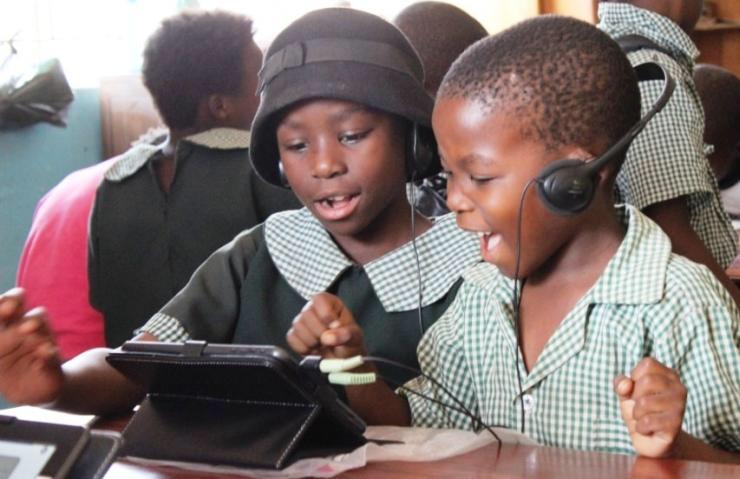The last few days have witnessed heightened awareness of the threat from the outbreak of COVID-19 (coronavirus). As the virus spreads around the world, we also need to understand what it means for the education systems, businesses, transportation and all other aspects of human life.
With the need to contain the virus, The Gambia is implementing measures to reduce the risk of Covid-19 by banning all public gatherings of large crowds in places such as Churches, Mosques and other places. Our schools are not immune to these actions, nor to the spread of the virus. Many countries have now implemented measures in their education systems – from banning gatherings to the temporary closing of schools.
At the epicenter of the virus – China – more than 180 million school children are staying home. But while schools are temporarily closed for quarantine, schooling continues using online platforms. It’s just that it is a different kind of teaching. Students are being educated remotely using technology. This is being done through a variety of online courses and electronic textbooks. Isn’t this awesome?
To date, almost all countries if not all have instructed their school systems to close completely or partially, to stop a possible virus spread among students and the general public.
The question is, from an educational perspective, what do these students do when schools are closed?
In China where I am studying but currently in the Gambia on long holidays due to the spread of Covid-19, The Chinese government took massive efforts to make sure students keep learning using technology.
Technology seems to be the answer in the 21st century. We will only know how effective this is after the crisis, but it does seem to be a good use of children’s time. Home schooling might be an answer, but this option is not very widespread outside of China and other developed countries.

In Africa, the Americas, Europe and Central Asia, they have a diverse set of countries at different levels of income and development. The spread, use and availability of technology are key, as is the availability of online learning materials, as well as devices and the level of internet connectivity at home.
At the same time, one more important question is: can students actually benefit from technology at home? Here we clearly have an equity issue. While financially well-off families can afford computers and multiple devices, students from struggling families can hardly afford simple devices and may likely not have the internet at home or even TVs or Radio’s such as the idea The Ministry of basic secondary education of The Gambia came up with.
Let’s look at educational content. Two-thirds or almost all school systems do not use digital content in education in The Gambia and this shows distance education capabilities are also limited.
We need to think about the state of distance education. Traditionally, distance education was conducted by paper mail through the post office in those day and few countries are still holding to that. This is not the case today in many countries. Yet, we do not see tremendous progress in terms of its use. It is very likely that the traditional school education just does not need distance technology.
At the same time, countries that lack access to good teaching in remote areas try to use this capability for education improvement, both by using the older and proven technologies such as radio and television broadcasting, and leveraging the potential of ICT. This is where teacher training with digital technologies and applications becomes important.
Media, and especially social media, can also be used to educate students about the virus itself and to teach basic hygiene. In China, USA, UK, Vietnam, and other countries for example, a cartoon musical video about hand-washing and other precautionary measures to protect from the virus has gone viral.
As The Gambia’s current education system is designed for face-to-face teaching and learning, the state of emergency and school closures will cause a very serious interruption to students if The Gambia does not embrace technology and foster innovation in short time to come as we all don’t know when the Covid-19 vaccine will be available. However, if the situation continues to last for months, it may need a dramatic change in our education delivery.
So, what could The Gambia focus on? Here are a few ideas:
- Target programs to include the most vulnerable children with equipment and connectivity.
- Improve connectivity for schools that need it most.
- Improve financing of digital curriculum and materials (digital libraries, lessons, learning items, etc.)
- Improve telecommunication capabilities for schools to be able to deliver education online.
- Reduce data cost so that it is affordable by students.
- Government should make sure that tablets are been designated to each student to make sure that learning is accessible and available at all times to all students from Basic education to higher education.
- Government should make sure that basic computer learning is or becomes a requirement in all schools at all level.
A time of crisis is also an opportunity for all education systems to look into the future, adjust to possible threats, and build their capacity. I believe that The Gambia has enormous potential for this to happen, regardless of COVID-19.
Author: Edriss ML Manneh
Email: ibnedriss@gmail.com


